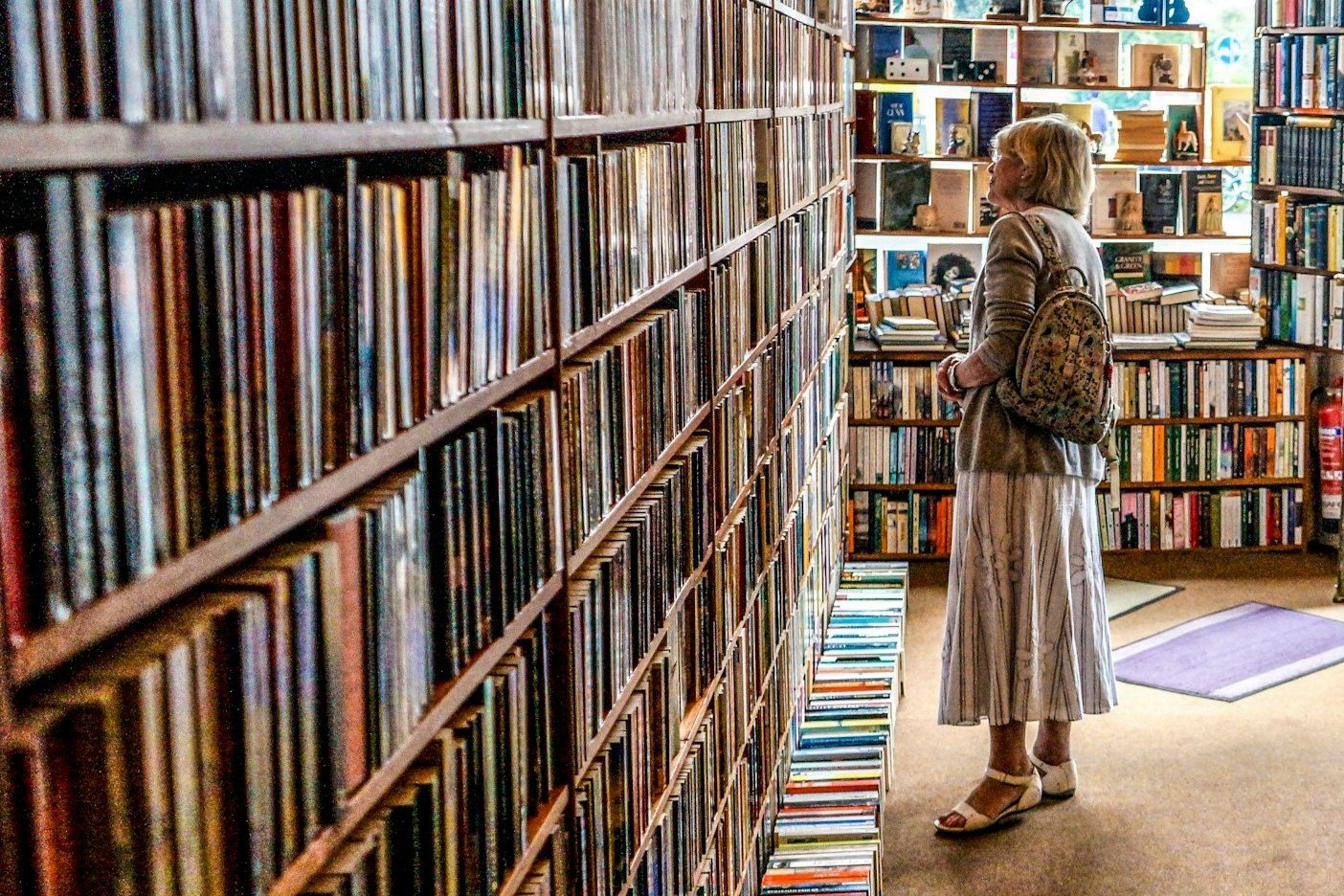Genre and the Multiverse: A Reader and Writer’s Perspective
As a reader, I’ve never given much thought to genre. I want a good story—something that grips me, makes me think, or moves me emotionally. The genre classification of the book, whether it’s thriller, fantasy, science fiction, or literary fiction, is not as important as the experience it offers. That’s probably why, when I’m looking for something new to read, I gravitate to the bookstore shelf with “staff picks” where books of different genres co-exist.
But as a writer, I’ve had to think about genre a lot lately, as it’s a critical element for launching and marketing my novels. I’ve had to carefully consider how to categorize them because genre is the language used to communicate with readers, helping them decide if my book might be something they would enjoy. And, it’s essential to finding the right audience and meeting their expectations.
The challenge I’ve encountered is that I didn’t write my novels with the conventions of a particular genre in mind, but with the mindset of a genre-hopping-pleasure-reader who never paid attention to the tropes or literary conventions that are central to the definitions for particular genres.
Yes, I’ve wondered if I should have squeezed in ONE literary course in my university curriculum so I could have anticipated the challenge I was setting myself up for. Three university degrees and not one English class… oops.
The Multiverse of Genre
In theoretical physics, the multiverse suggests that there are infinite realities, each with different outcomes based on varying decisions and circumstances. I’ve come to think of genres in a similar way - each genre represents a different “universe” of storytelling, offering unique rules, conventions, and expectations. A love story might unfold one way in a romance novel, take a tragic turn in a literary drama, or become an adventure in a science fiction world. Blending genres, when done right, can offer readers a fresh experience and take them to unexpected places. One book might fall into multiple categories—romance, thriller, fantasy, science fiction, or mystery - each offering a slightly different lens through which to view the story - and leading to the birth of new genre like Sci-Fi-Western, Comedic-Horror, or the very popular “Romantasy” a blend or romance and fantasy.
The same basic human experience can play out in countless different ways, depending on the genre “universe” you place it in. As a writer, I’ve taken pieces of what I love from different genres and created my own “universe” where these elements coexist.
Why Genre Matters: Romance vs. Women’s Fiction
It’s not easy for a new unknown author to get noticed and to find their “tribe” of readers who will love their work. I’ve learned that it’s important to clearly define my books so that when someone purchases them, they won’t be disappointed. When publishing my novels, I’ve had to select the categories for them. I’ve landed on contemporary romance and women’s fiction - two genres that often overlap but satisfy different expectations for their readers.
Romance typically focuses on the central relationship between two characters and guarantees a satisfying, emotionally fulfilling ending, usually a “happily ever after” (or at least a “happy for now”). Women’s fiction, on the other hand, tends to center on a woman’s personal journey, which may involve romance but often explores her development, choices, and challenges beyond the romantic relationship. The outcome doesn’t always hinge on the couple staying together, and the narrative can delve into broader themes like family, career, or self-discovery.
As a writer, I’m mindful of this difference when presenting my Maddie & Nate series. While the series explores a deep, fated connection between two soulmates, it doesn’t fit neatly into the traditional romance mold. The story isn’t solely about Maddie and Nate’s relationship; it also delves into their individual growth, the impact of their choices, and the broader consequences of time and circumstance. In that sense, the series shares a lot with women’s fiction, as it’s about more than just the romance—it’s about two people finding themselves, each other, and navigating the complexities of their lives.
Understanding the distinction between romance and women’s fiction helps me set the right expectations for my readers. If I market a book as a romance but the story doesn’t follow the conventions readers expect from that genre - like the third act breakup - it could lead to disappointment. On the flip side, labeling it as women’s fiction allows me to give readers a broader sense of what the story explores: the intricate dance between love, self-discovery, and the choices that shape our lives.
A Story Beyond One Genre
Ultimately, the beauty of storytelling- whether as a reader or writer - is that it doesn’t have to be confined to a single genre, just as the multiverse suggests our lives aren’t confined to a single outcome. We exist in a world of possibilities, and so do the stories we create and consume. As a reader, I still chase after stories that move me, regardless of their genre. As a writer, I strive to craft stories that do the same - drawing from multiple genres to create narratives that resonate deeply.
So, while genre is a useful tool for organizing fiction, it’s not a limitation. Like the multiverse, it opens the door to infinite storytelling possibilities. And as both a reader and a writer, that’s where I find the magic happens.

